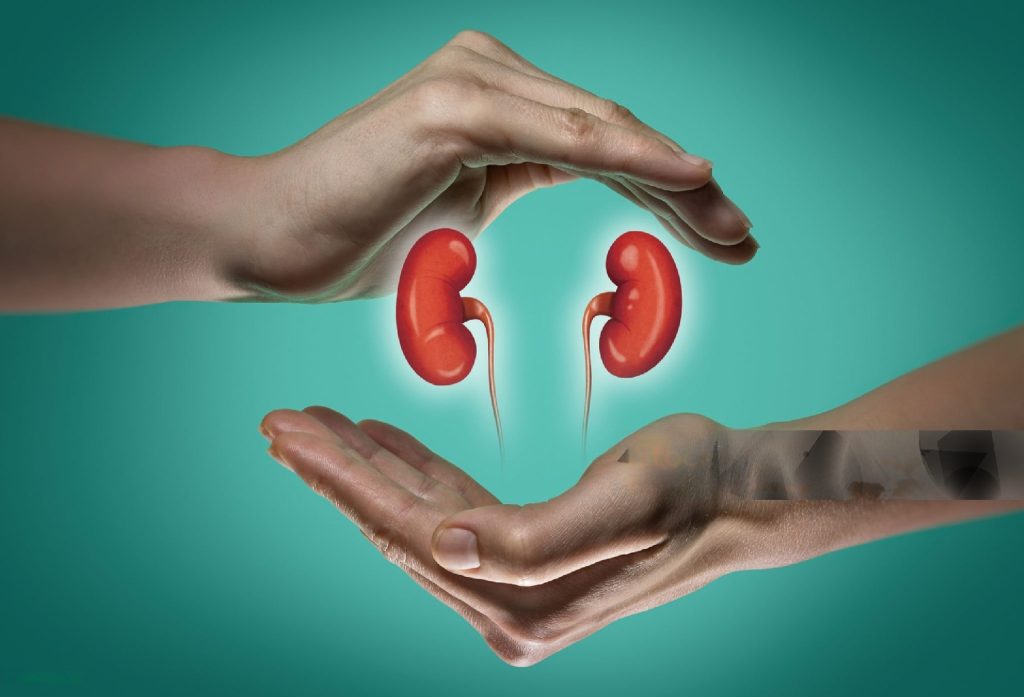Tubular disorders
Tubular disorders
Tubular disorders are conditions that affect the kidney's tubules, which are responsible for reabsorbing water, electrolytes, and nutrients from the filtrate (the fluid that passes through the glomeruli) and maintaining proper balance in the body. When these tubules are damaged or dysfunctional, it can lead to a range of problems, including electrolyte imbalances, , or improper excretion of waste products. These disorders can be inherited or acquired.

1. Types of Tubular Disorders:
a. Inherited Tubular Disorders:
-
Fanconi Syndrome:
- A disorder affecting the proximal tubules, leading to improper reabsorption of electrolytes, glucose, amino acids, and phosphate.
- Symptoms include rickets or osteomalacia (soft bones), growth retardation, and metabolic acidosis due to bicarbonate loss.
-
Bartter Syndrome:
- A rare disorder affecting the loop of Henle, causing excessive loss of sodium, potassium, and chloride.
- Symptoms include low blood pressure, muscle weakness, dehydration, and metabolic alkalosis (elevated blood pH).
-
Gitelman Syndrome:
- A disorder affecting the distal convoluted tubule. Similar to Bartter syndrome but generally less severe.
- Symptoms include low blood magnesium, low potassium, muscle cramps, and fatigue.
-
Liddle Syndrome:
- A genetic disorder affecting sodium reabsorption in the collecting ducts, leading to excessive sodium retention, hypertension, and hypokalemia (low potassium).
- Treatment often involves medications that block sodium reabsorption (e.g., amiloride).
b. Acquired Tubular Disorders:
-
Acute Tubular Necrosis (ATN):
- A common cause of acute kidney injury (AKI), occurring when the kidney's tubules are damaged due to ischemia (lack of blood flow) or exposure to toxins (e.g., certain medications, contrast dyes, or heavy metals).
- Symptoms include reduced urine output, fluid retention, and electrolyte imbalances.
- Recovery depends on the extent of tubular damage and early intervention.
-
Tubulointerstitial Nephritis (TIN):
- Inflammation of the tubules and surrounding interstitium, often caused by infections, medications (e.g., NSAIDs, antibiotics), or autoimmune diseases (e.g., lupus).
- Symptoms may include fever, rash, joint pain, and kidney dysfunction (e.g., impaired urine concentration, proteinuria).
- Early removal of the offending agent can lead to full recovery, but chronic cases may lead to chronic kidney disease (CKD).
-
Renal Tubular Acidosis (RTA):
- A group of disorders characterized by the kidneys’ inability to excrete acid or reabsorb bicarbonate, leading to metabolic acidosis.
-
Types include:
- Type 1 (Distal RTA): The distal tubules fail to excrete hydrogen ions, leading to high blood acidity.
- Type 2 (Proximal RTA): The proximal tubules cannot properly reabsorb bicarbonate.
- Type 4 RTA: Linked to reduced aldosterone action, leading to hyperkalemia and acidosis.
- Symptoms include growth failure, bone disorders, and electrolyte imbalances.
2. Symptoms of Tubular Disorders:
Symptoms of tubular disorders vary depending on the specific condition but may include:
- Electrolyte imbalances: Sodium, potassium, calcium, magnesium, and phosphate abnormalities are common.
- Dehydration: Due to improper reabsorption of water and sodium, leading to frequent urination (polyuria) and excessive thirst (polydipsia).
- Muscle cramps or weakness: Often due to electrolyte imbalances like hypokalemia or hypomagnesemia.
- Bone deformities: Rickets or osteomalacia due to loss of calcium or phosphate, especially in Fanconi syndrome.
- Growth retardation: Seen in children with inherited tubular disorders.
- Hypertension or hypotension: Depending on whether the disorder leads to sodium retention or loss.
3. Causes of Tubular Disorders:
Tubular disorders can be caused by a variety of factors:
- Genetic mutations: Many tubular disorders, such as Bartter syndrome, Gitelman syndrome, and Liddle syndrome, are inherited.
- Medications and toxins: Drugs such as NSAIDs, certain antibiotics (e.g., aminoglycosides), and contrast dyes can damage the tubules.
- Autoimmune diseases: Conditions like lupus or sarcoidosis can lead to tubulointerstitial nephritis.
- Infections: Certain bacterial and viral infections can directly damage the kidney tubules or trigger an inflammatory response.
4. Diagnosis:
Diagnosing tubular disorders usually involves:
- Blood tests: To check electrolyte levels, kidney function, and acid-base balance.
- Urine tests: To assess the ability of the kidneys to concentrate urine and reabsorb important substances.
- Genetic testing: For inherited disorders like Bartter syndrome or Liddle syndrome.
- Kidney biopsy: In cases of suspected tubulointerstitial nephritis or unexplained kidney dysfunction, a biopsy may be performed to examine the tubules and surrounding tissues.
5. Treatment:
Treatment of tubular disorders depends on the specific condition:
- Electrolyte replacement: In conditions like Fanconi syndrome or Bartter syndrome, supplements of potassium, magnesium, calcium, or bicarbonate may be necessary.
- Diuretics: In conditions like Liddle syndrome, diuretics that specifically block sodium reabsorption (e.g., amiloride) are used.
- Steroids or immunosuppressants: For tubulointerstitial nephritis, reducing inflammation through steroids or other immune-modulating drugs can be effective.
- Fluid management: In cases of dehydration, careful monitoring and replacement of fluids and electrolytes are essential.
- Managing underlying causes: If the disorder is caused by medications, stopping the offending agent is critical.
6. Prognosis:
- Inherited tubular disorders: With appropriate treatment, many patients can live relatively normal lives, though some conditions (e.g., Bartter syndrome, Gitelman syndrome) may require lifelong management of electrolyte imbalances.
- Acquired disorders: Conditions like acute tubular necrosis (ATN) can resolve with treatment, especially if the underlying cause (e.g., low blood flow, toxins) is corrected early. However, in severe cases, ATN can lead to acute kidney injury (AKI) or chronic kidney disease (CKD).
- Tubulointerstitial nephritis (TIN): Prognosis depends on early diagnosis and treatment. If caught early, kidney function may fully recover, but chronic cases can lead to permanent damage.
Conclusion:
Tubular disorders are a diverse group of kidney diseases that can lead to significant electrolyte imbalances, dehydration, and kidney dysfunction. Early diagnosis and appropriate treatment are crucial for preventing complications, including chronic kidney disease and, in severe cases, kidney failure. Many tubular disorders require ongoing management, especially in inherited forms, but with proper care, patients can maintain a good quality of life.
Book An Appointment
Other services
- Diabetes
- Hypertension
- Febrile illness
- Glomerular disease
- Liver and gastrointestinal diseases
- Anemia
- Pediatric kidney disease
- Tubular disorders
- Chronic kidney disease
- Acute kidney injury
- Urinary tract infection and stone
- Renal transplant work up
- Respiratory disorders
